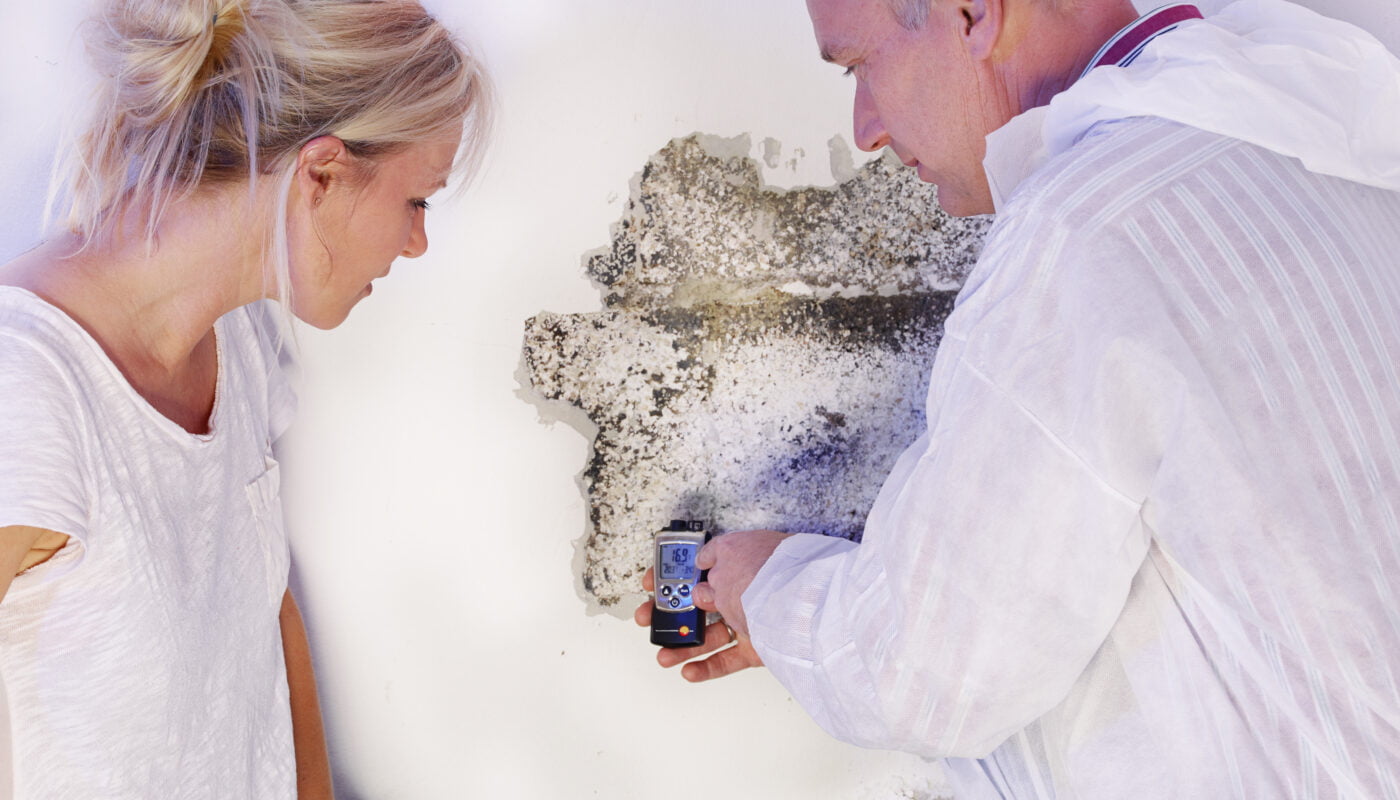Mold infestation is a common household problem that can have serious consequences for both your health and the structural integrity of your home. When faced with mold growth, it’s crucial to take swift action to remediate the issue before it worsens. However, proper preparation is key to ensuring a successful mold remediation project. In this guide, we’ll discuss essential steps to prepare for a mold remediation project, ensuring a thorough and effective process.
Understanding Mold Remediation: Before delving into preparation steps, it’s essential to understand the mold remediation process. Mold remediation involves identifying and removing mold colonies from affected areas, addressing the root cause of moisture, and implementing preventive measures to prevent future growth. Professional mold remediation companies employ various techniques and equipment to safely and effectively eliminate mold from your home.
Preparation Steps for Mold Remediation:
- Conduct a Thorough Inspection: Before initiating the remediation process, conduct a comprehensive inspection of your home to identify all areas affected by mold growth. Mold can thrive in damp and humid environments, such as basements, bathrooms, and attics. Inspect walls, ceilings, floors, and hidden spaces where moisture accumulation is likely.
- Hire a Qualified Mold Remediation Professional: While minor mold issues can be addressed using DIY methods, extensive mold infestations require the expertise of a professional mold remediation company. Look for certified professionals with experience in mold remediation and a proven track record of success. Hiring a reputable contractor ensures that the remediation process is conducted safely and effectively.
- Communicate with Your Mold Remediation Contractor: Establish clear communication with your chosen mold remediation contractor from the outset. Discuss the scope of the project, including affected areas, potential challenges, and expectations. A transparent dialogue ensures that both parties are aligned and can work collaboratively towards achieving the desired outcome.
- Prepare the Affected Areas: Before the remediation crew arrives, prepare the affected areas by removing any belongings, furniture, and fixtures. Clearing the space allows the remediation team to access mold-infested areas more easily and perform their work efficiently. Additionally, covering unaffected items with plastic sheets or tarps can provide added protection against mold spores during the remediation process.
- Ensure Proper Ventilation: Adequate ventilation is crucial during mold remediation to prevent the spread of mold spores to other areas of your home. Open windows and doors to promote air circulation and facilitate the removal of airborne contaminants. If your HVAC system is contaminated with mold, refrain from using it until it has been thoroughly cleaned and inspected by professionals.
- Take Precautionary Measures: Mold remediation involves the handling of potentially hazardous materials and exposure to mold spores. Prioritize safety by wearing appropriate personal protective equipment (PPE), including gloves, goggles, and respirators. Limit access to the remediation area to prevent exposure to occupants and pets, especially those with respiratory conditions or allergies.
- Address Underlying Moisture Issues: Simply removing mold without addressing underlying moisture problems is a temporary solution. Identify and address the root cause of moisture, whether it’s a leaky roof, plumbing issue, or poor ventilation. By eliminating excess moisture, you can prevent future mold growth and safeguard your home against recurring infestations.
- Follow Post-Remediation Guidelines: Once the remediation process is complete, follow any post-remediation guidelines provided by your contractor. This may include recommendations for ongoing maintenance, monitoring for signs of mold recurrence, and implementing preventive measures to minimize moisture buildup. By following these guidelines, you can help maintain a mold-free environment in your home.
- Consider Temporary Accommodations: Depending on the extent of mold infestation and the remediation process’s duration, it might be necessary to consider temporary accommodations. If the mold problem is severe or widespread, staying elsewhere during remediation can ensure the safety and comfort of your family. Discuss options with your mold remediation contractor and make arrangements in advance if needed.
- Protect Valuables and Irreplaceable Items: While preparing for mold remediation, take special care to protect valuables and irreplaceable items from potential damage. Remove sensitive documents, electronics, artwork, and sentimental belongings from the affected areas. Store these items in a safe, mold-free environment until the remediation process is complete to avoid any potential harm or loss.
- Educate Yourself on Mold Prevention: Mold remediation is just one part of the equation; preventing future mold growth is equally important. Take this opportunity to educate yourself on mold prevention strategies, such as controlling humidity levels, fixing leaks promptly, and improving ventilation. By implementing preventive measures, you can reduce the risk of mold recurrence and maintain a healthy indoor environment.
- Plan for Post-Remediation Testing: After the remediation process is complete, consider scheduling post-remediation testing to ensure the effectiveness of the treatment. This testing involves sampling air and surface samples to verify that mold levels have been successfully reduced to acceptable levels. Post-remediation testing provides peace of mind and ensures that your home is truly mold-free.
- Budget for Unexpected Costs: While you may have a budget in mind for the mold remediation project, it’s essential to budget for unexpected costs that may arise during the process. Unforeseen issues, such as hidden mold or structural damage, can impact the overall cost of remediation. By budgeting for contingencies, you can avoid financial surprises and ensure that the remediation project stays on track.
- Communicate with Neighbors: If you live in a multi-unit building or share walls with neighbors, consider communicating with them about the mold remediation project. Mold spores can travel through shared spaces, potentially affecting neighboring units. Informing neighbors about the remediation efforts can help them take necessary precautions and prevent cross-contamination.
- Follow Up with Maintenance: Once the mold remediation project is complete and your home is restored to a mold-free state, it’s essential to follow up with regular maintenance to prevent future issues. Stay vigilant for signs of moisture or mold growth, and address any issues promptly. Routine maintenance, such as cleaning gutters, inspecting plumbing, and monitoring humidity levels, can help keep mold at bay in the long run.
Conclusion: Preparing for a mold remediation project is essential for ensuring a thorough and effective process. By following the steps outlined in this guide, you can help streamline the remediation process, minimize disruptions to your daily life, and safeguard your home against the harmful effects of mold. Remember to enlist the expertise of qualified professionals, prioritize safety precautions, and address underlying moisture issues to achieve long-lasting results. With proper preparation and proactive measures, you can successfully navigate the mold remediation process and restore a healthy living environment for you and your family.







